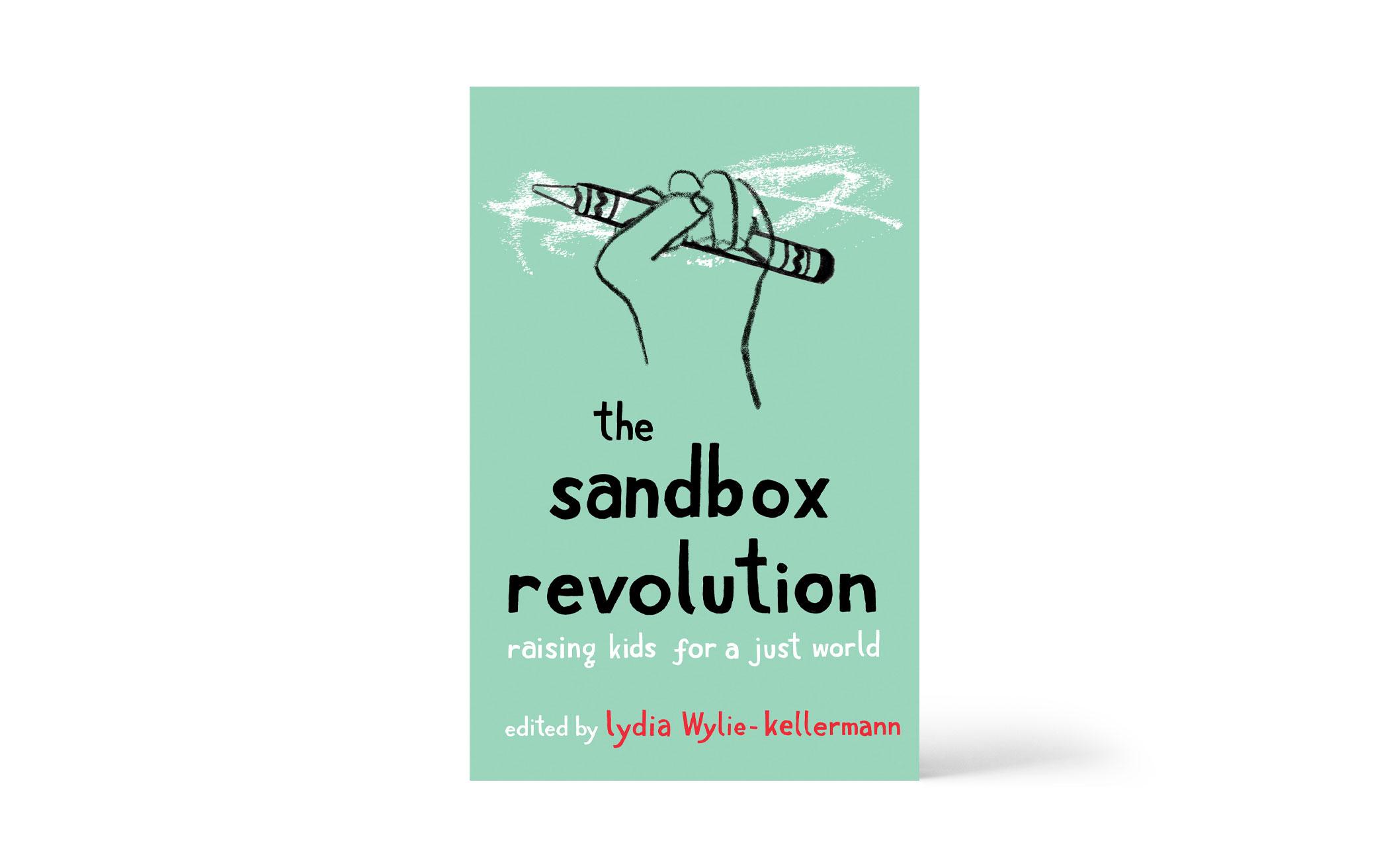In this era of pandemic, climate crisis, systemic racism, and deepening economic injustice, how should we do parenting? Where do we find the confidence to teach and guide them? Are there practices our families can engage in positive change in the community? According to the sixteen contributors of this volume, the answer is yes. They are writers, activists, organizers, teachers, pastors, and artists. Through each of their unique circumstances and stories, they show invaluable collective wisdom after having wrestled with difficult questions like the above ones during the journey of parenting.
This collective project led by Lydia Wylie-Kellermann, the editor of Geez magazine, was the fruit of a convening in Michigan where authors felt the need to compile this volume. They planned it as a kind of accountability for themselves as well as words of encouragement to progressive-minded parents who want to pass on the commitment of justice to their children. As Wylie-Kellermann writes in the introduction chapter, “We have been invited into this time of sacred shifting, which must move us from corporate, globalized systems that deal in death to localized, communal systems that nurture life. It is in this time and space that we all are nurturing children and being prodded by their laughter, fears, and questions.”
Like spirituality itself, parenting can be full of wrestling too. Among topics such as infertility, raising anti-racist white boys, money talks with children, authenticity and self-expression, special needs, climate justice, indigenous communities, respecting boundaries, each has the potential to overwhelm a well-informed grown-up, not to mention children. But as one of the authors writes, these challenges are also opportunities to “grow our souls,” both for the parents and their children.
Parents are in the best place to guide children into some of life’s challenges. Take money issues for example. Financial justice adviser Susan Taylor writes about how she as a mother tries to create justice with money during parenting. Like many other issues, if parents ignore the importance of guiding children, then the task is left to TV commercials, Monopoly games, and consumeristic norms. She writes, “If we teach our children about money early—if we offer them alternative models of living, if we teach them to question the assumptions of our economy is based on and to challenge systems of injustice—perhaps we can help keep them free to respond to their deepest values and sense of purpose, as well as to their communities.” This theme blends well into conversations about generosity. Another author also contributes to a non-materialistic approach to community building by redefining rootedness as not with a location or place, but with a certain lifestyle that practices justice.
Families are also arenas where many “-isms”come to wrestle against each other. While trying to educate our children on some of these ideals, it is important to first uphold authenticity and wholeness. Women’s health activist Jennifer Castro writes about how being a mother awakens her feminine knowing. Parenting allows her to seep deep into each family member’s unique habits and desires. This is also where transformation happens as both parents and children face and negotiate social norms in society, such as sexism, ageism, heterosexism, etc. Castro reflects that “by embodying love and ways of being that are in opposition to the systems we live in, we ourselves become building blocks, reimagining and then actively doing our part to create new systems.”
This book offers an invaluable companion for parents who are looking for a progressive community with best practices and models of family living.
(Broadleaf Books)
About the Author
Mary Li Ma is a member of Plymouth Heights CRC church in Grand Rapids, Mich. She holds a Ph.D. from Cornell University and now works as a research analyst for a national research center on education equity.

